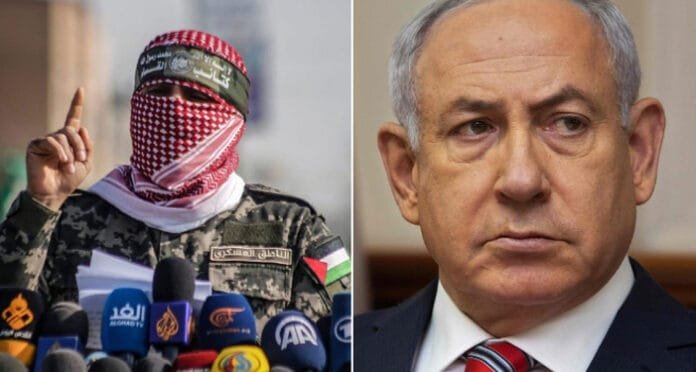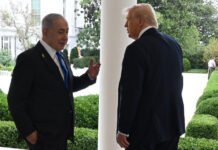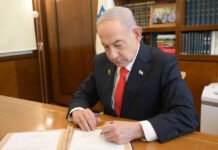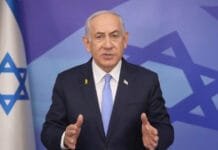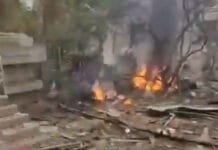INVC NEWS
Middle East – : The Qatar authorities have officially confirmed that indirect negotiations between Hamas and the Israeli government are set to begin within the next 48 hours, raising cautious hopes for a potential breakthrough in the ongoing Gaza conflict. The talks are expected to be held via mediated backchannel diplomacy, with Qatar and Egypt acting as primary facilitators.
Talks to Be Held Indirectly Through Mediators
Despite intense international pressure to engage in direct dialogue, both Hamas and the Israeli government have opted to maintain indirect communication, relying heavily on Qatari and Egyptian mediators to exchange proposals. This method underscores the deep mistrust and hostility between the two sides, even as civilians on both fronts continue to suffer the consequences of prolonged military escalations.
A senior Qatari diplomat stated, “We are committed to facilitating indirect dialogue to de-escalate tensions and work toward a humanitarian solution. The window for negotiation is narrow but essential.”
Israel Faces Criticism for Avoiding Direct Talks
Within regional and international discourse, Israel is being criticized for refusing to engage directly with Hamas. Critics, including several Middle Eastern commentators and resistance-affiliated sources, accuse Tel Aviv of “hiding behind mediators”, arguing that the occupying regime lacks the courage to face resistance movements head-on at the negotiating table.
A senior Hamas representative in Gaza said anonymously, “Even in diplomacy, the Zionist regime fears direct confrontation. They need others to speak for them.”
Urgency Rises Amid Humanitarian Crisis in Gaza
These developments come as Gaza continues to face a deepening humanitarian catastrophe. With power outages, limited access to clean water, and medical facilities overwhelmed, the need for a ceasefire and humanitarian corridor has become critical. International aid agencies have called for an immediate cessation of hostilities to allow for food, medicine, and essential supplies to enter the besieged region.
UN special envoy for the Middle East Peace Process Tor Wennesland expressed cautious optimism:
“Any form of engagement is better than none. We urge all parties to put civilians first and seek a peaceful outcome.”
Pressure Mounts on Both Sides
While Hamas demands an end to the blockade and recognition of Palestinian rights, Israeli officials continue to insist that security assurances and demilitarization of Gaza must be included in any deal. This core divergence remains a sticking point, and unless one side shifts its stance, the indirect talks may be short-lived.
Qatar’s role in balancing these interests has been pivotal. As one of the few actors trusted by both Hamas and the West, Doha has spent the past several days engaging in shuttle diplomacy, exchanging proposals and counter-proposals between both camps.
Next 48 Hours Are Critical
The upcoming two-day window will likely determine whether progress can be made or if another round of conflict is inevitable. Security experts warn that any collapse in the talks could lead to heightened military activity across the southern Israeli border and deep into Gaza, escalating what is already a fragile situation.
The Israeli Defense Forces remain on high alert, and Hamas’s armed wing, the Izz ad-Din al-Qassam Brigades, has stated it will respond with force if negotiations appear to be a stalling tactic.
Global Stakeholders Watch Closely
The United States, European Union, Turkey, and Iran are all monitoring the negotiations closely. While the U.S. continues to support Israel diplomatically, pressure is mounting in Washington for Israel to show flexibility and for Hamas to engage in talks without preconditions.
At the same time, public protests across Arab capitals have added another layer of urgency to the diplomatic process. In Amman, Cairo, and Beirut, thousands of demonstrators have taken to the streets, demanding a ceasefire and justice for Palestinian civilians.
Conclusion: A Test of Political Will
As the countdown to indirect negotiations begins, the spotlight is now squarely on Qatar’s diplomatic corridors. The outcome of these discussions could shape the next phase of the Israel-Gaza conflict. Whether it leads to a temporary truce or a broader resolution remains to be seen.
But for now, diplomacy has taken center stage—even if conducted from behind curtains.

